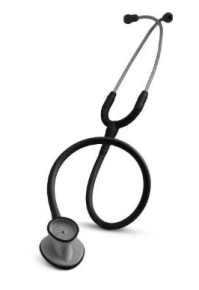Failure by a covered entity to timely report a breach of protected health information (PHI) resulted in the first of its kind settlement in the amount of $475,000.
|
|
||||
|
In a series of recent reports, the Office of Inspector General (OIG) noted a number of deficiencies and made a number of recommendations to improve and strengthen oversight of the HIPAA Privacy Standards and reduce the amount of inappropriate transportation billing. The Office of the Civil Rights (OCR) within the US Department of Health and Human Services recebtly settled a HIPAA violation case with a single location compounding pharmacy in Denver, Colorado. This is yet another HIPAA settlement underscoring the importance of properly implementing and maintaining a compliance plan. The U.S. Department of Health and Human Services Office for Civil Rights (OCR) reached a major settlement with a non-profit covered entity (CE) resolving allegations of violation of the HIPAA Privacy Rule for allegedly failing to appropriately and reasonably safeguard protected health information. Last year’s passing of the new HIPAA requirements signaled the government’s concern that individually identifiable health information needs stronger protection beyond the borders of the healthcare industry. HIPAA already recognized this need by imposing obligations on covered entities and their business associates in prior versions of the rule. In the latest rule update, however, the US Department of Health and Human Services, among other things, expanded the definition and responsibilities of business associates and now made them directly liable for HIPAA noncompliance. The Office of the Civil Rights (OCR) of the Department of Health and Human Services announced recently that it will delay enforcement of a new requirement that certain HIPAA covered laboratories revise their notice of privacy practices to comply with changes made by the Omnibus Rule until further notice. Medical space leasing requires more consideration and deeper analysis than typical commercial leases. Various federal and state laws regulate financial relationships of medical providers which in turn dictate the terms of a lease. Yesterday the Department of Health and Human Services announced a proposed rule that would delay the implementation of the International Classification of Diseases, 10th Edition, diagnosis and procedure code (ICD-10) from October 1, 2013 to October 1, 2014. The proposed rule is in response to providers’ concerns about meeting HHS’ compliance deadline for Version 5010 In addition to any state laws that may impact a doctor’s practice, the main civil Federal laws and their implementing regulations that concern physicians are the False Claims Act, the Anti-Kickback Statute, the Physician Self Referral Act (often called the Stark Law), the Exclusion Statute, and the Civil Monetary Penalties Law. An additional law that |
||||

